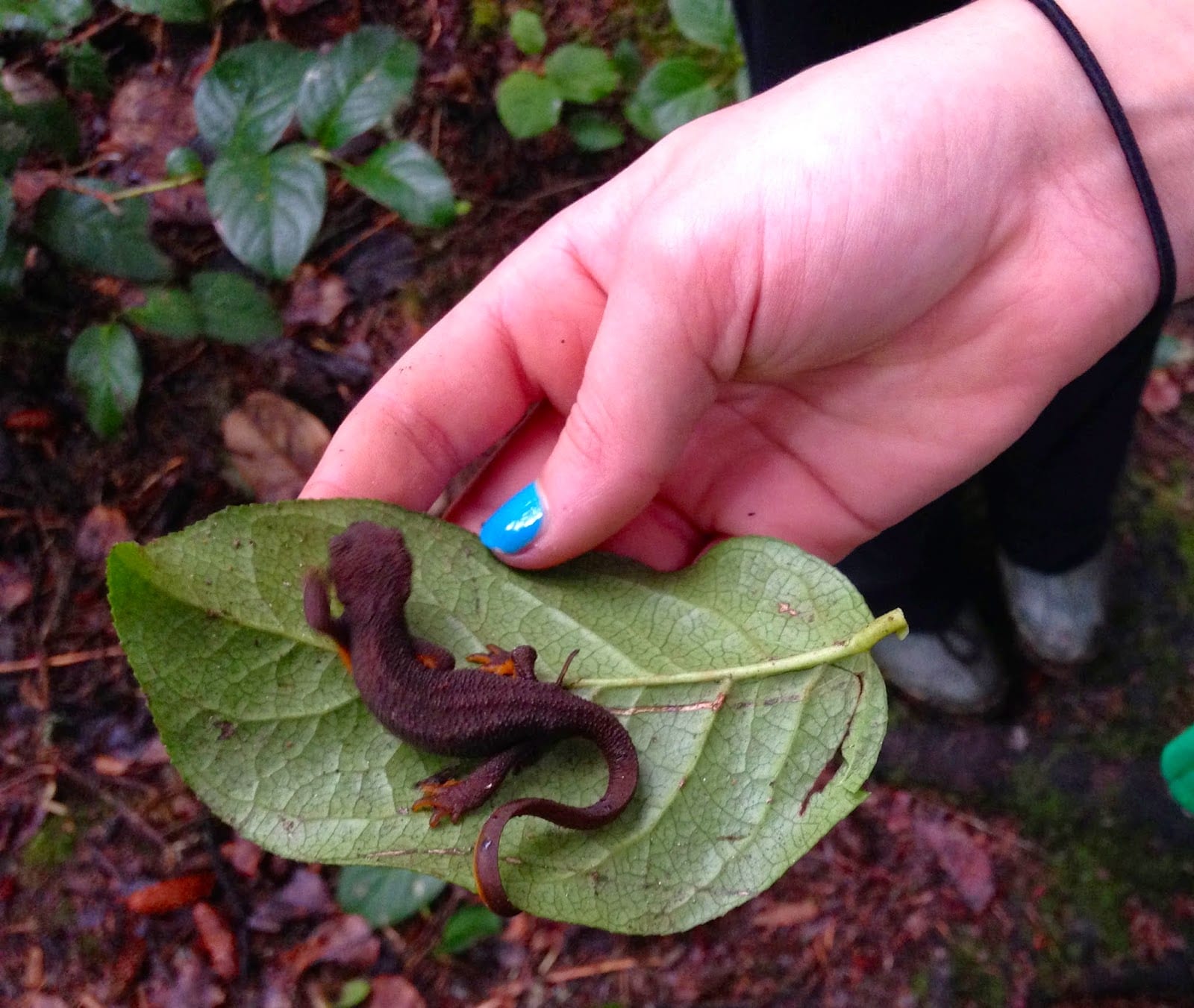
My girls are getting older and now that Lola is in high school, I’ve really been hit with the knowledge that they are strong, capable young women who are reaching for independence. It’s a delicate balance for me as their mom, to let them stretch themselves and to keep reminding them that I am here if they want me – for adventures or to vent, as a shoulder to cry on or just someone to hang out with on the rare evening they don’t have other plans.
I remember that desperate need to be on my own, to prove that I could do it myself, to peel off from my family and firmly attach myself to my friend-tribe. When I left for college, I came home so rarely, convinced that the new family I had created was so much better, so much more fun and supportive. And in some ways, they were, but there is something powerful about that other tribe – the one that shares my history, that remembers who I was all those years ago (and loves me anyway).
Last weekend, Lola and I traveled to the central coast of California to hang out with that tribe, my mom’s siblings and their spouses and kids. And even though Mom couldn’t be there with us, it felt like coming home. Looking around the table to see faces that are so familiar, hear laughter that I remember deep in my bones from years past, was grounding in a way I can’t really describe. I loved the opportunity to remind Lola that she is part of this group whether she wants to be or not. There is a special mix of nurturing and support, loud hilarity and not-taking-ourselves-too-seriously that has been there ever since I can remember. This group has weathered major storms over the years and come out smiling because they do it together. No matter the brand of tragedy, there is a set-your-jaw-and-roll-up-your-sleeves mentality that doesn’t back down and doesn’t forget that in the midst of all of it, there is joy to be found. This is a group that doesn’t shy away from the full range of emotions available to us (sometimes swinging from one to the other with dizzying speed), all the while holding on tightly to each and every other member of the family. And it’s a group whose definition of family extends beyond bloodlines to include others who are deeply loved and abide by the rule of having each others’ backs.
While I really wish Eve had been able to join us, I came away knowing that we will do this again soon and I’ll bring her along because I think that this is the perfect time for both of my girls to be reminded that there is a strong, smart, compassionate, funny-as-hell group of people who will always be there for them, who are rooting for them as they spread their wings and head out into the world to do whatever it is they decide to do. I know that I have always felt grateful to be able to rely on the absolute bedrock of this family to both hold me up when times were tough and make me laugh until I pee – sometimes simultaneously.







